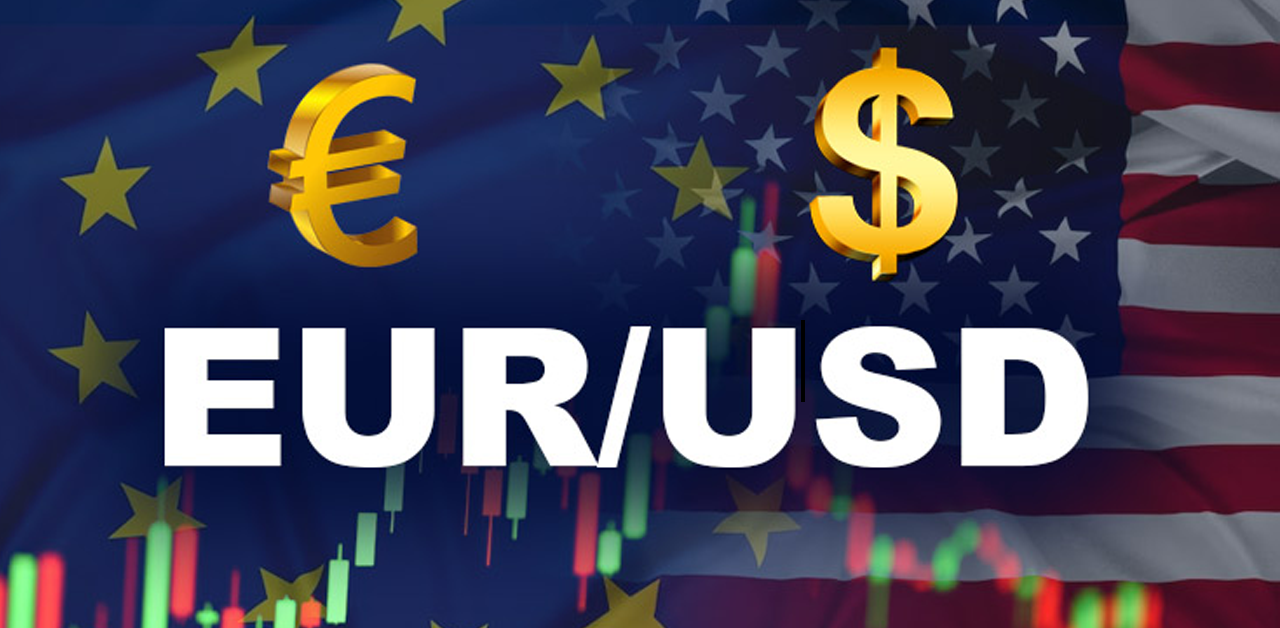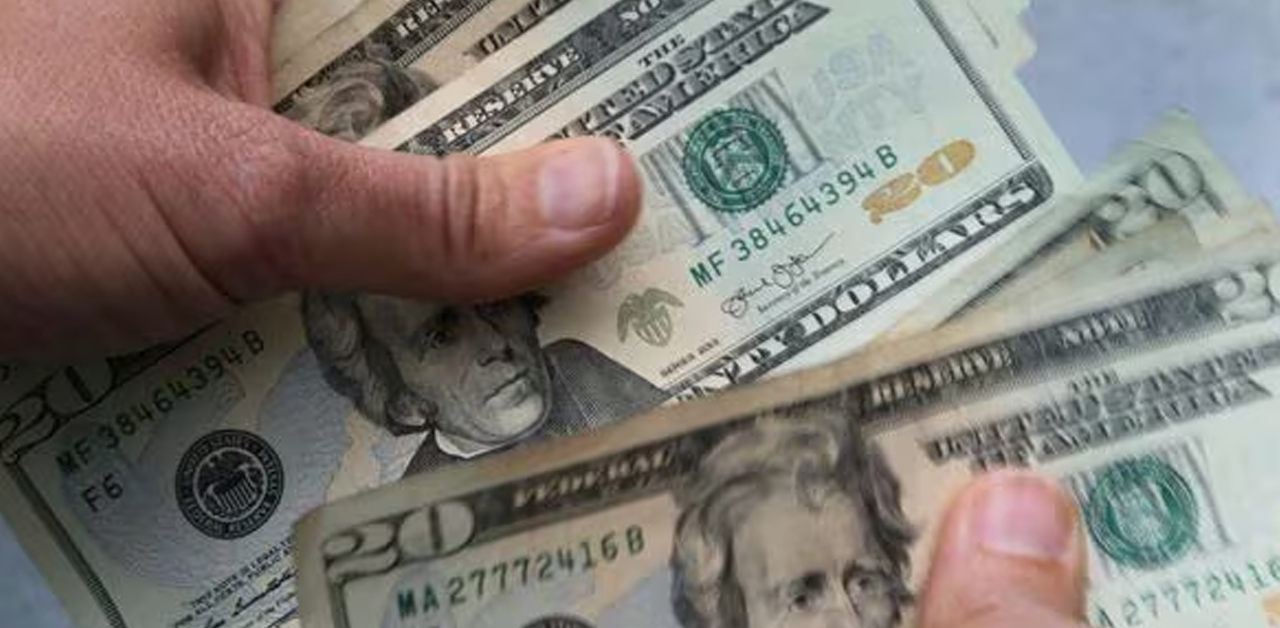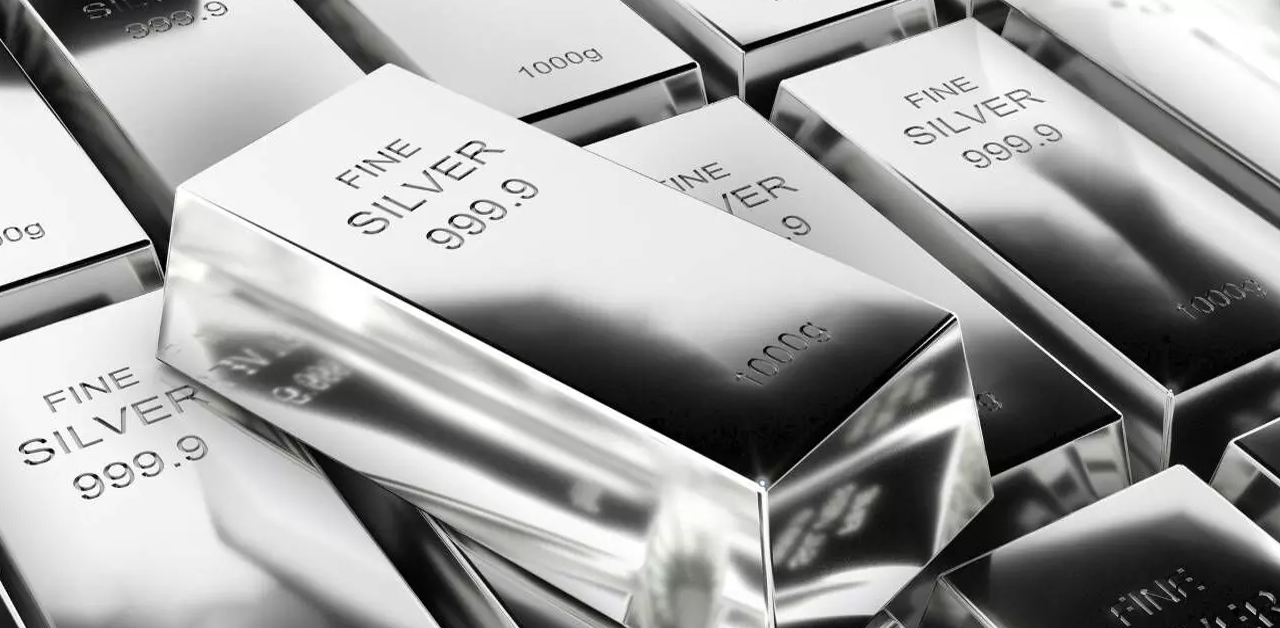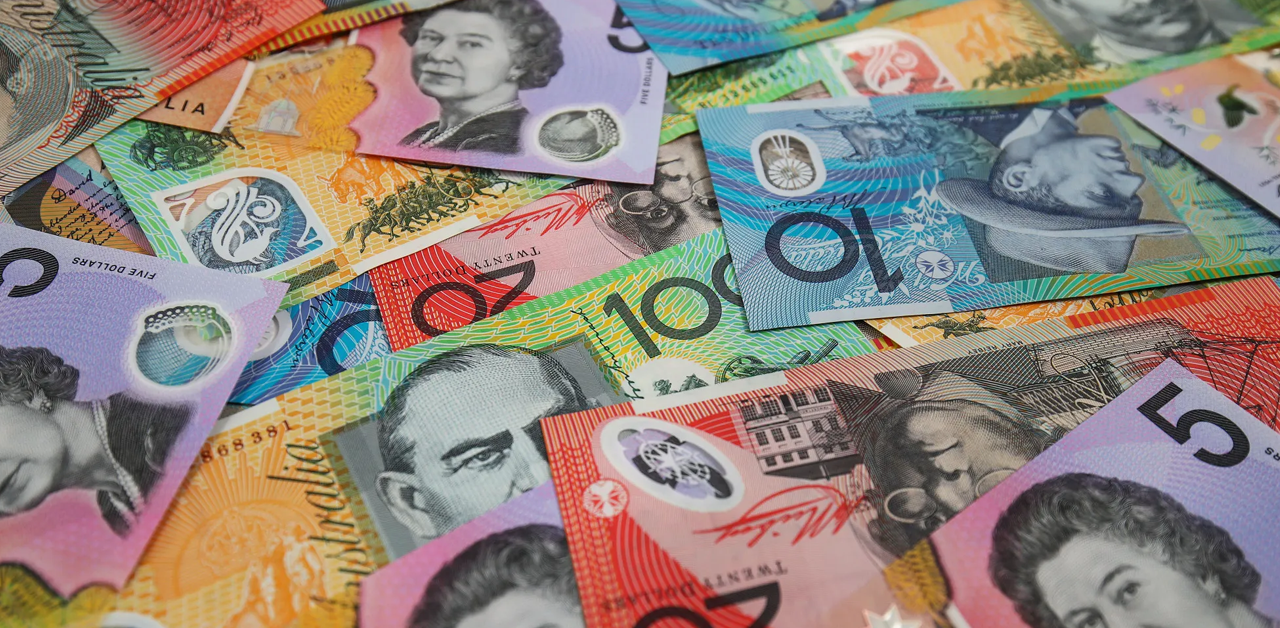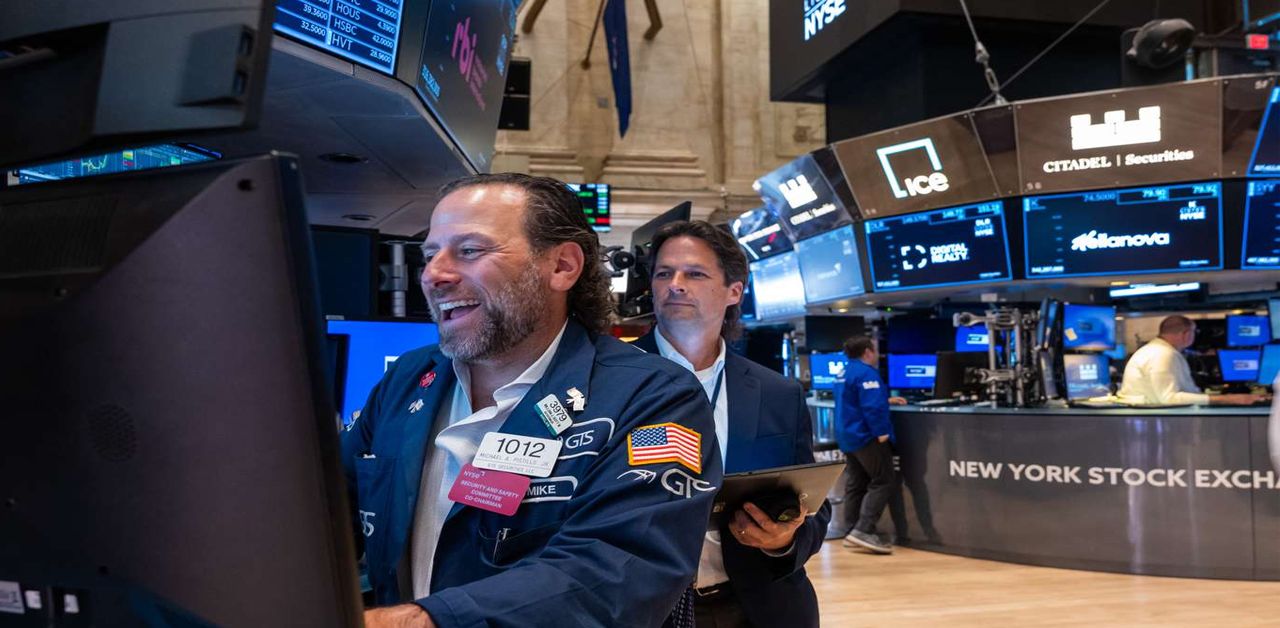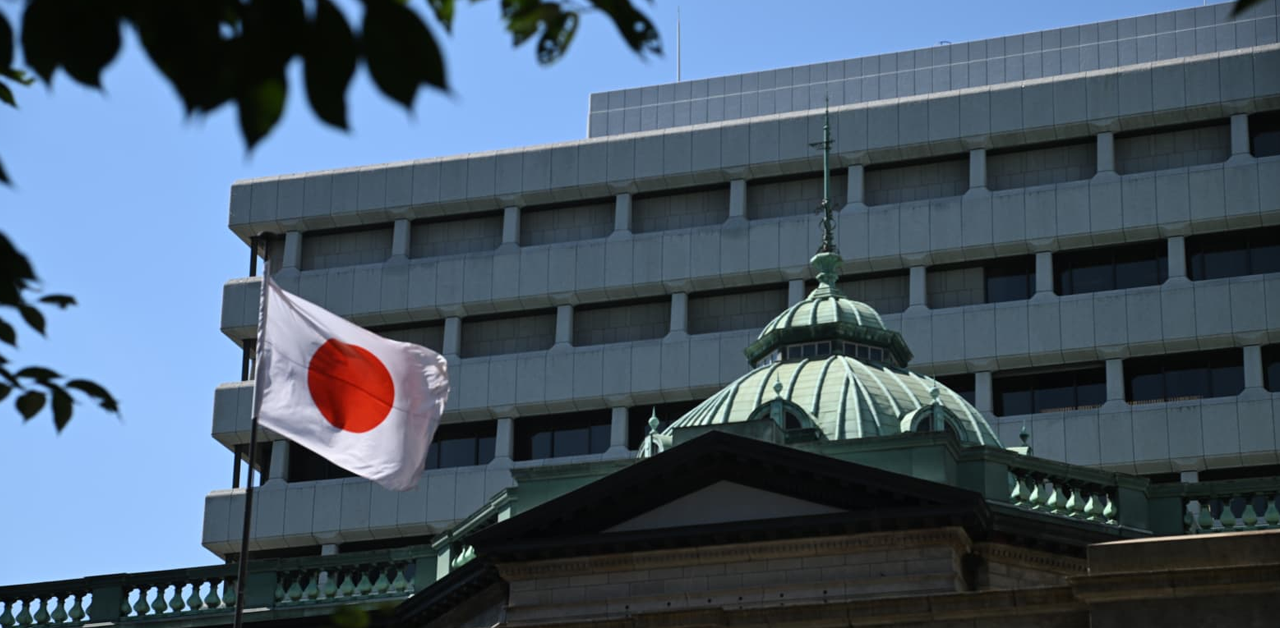China’s Efforts to Defend Yuan Intensify as Costs Rise in Hong Kong
Traders betting against the yuan are facing obstacles as China seeks to make it more expensive to do so in Hong Kong.
This week, borrowing costs for yuan between banks in Hong Kong surged, reaching a five-year high for three-month contracts. This increase in costs makes it more difficult and costly for traders to borrow the Chinese currency in overseas markets and sell it against the dollar.
China’s central bank, the People’s Bank of China (PBOC), has been actively combatting yuan depreciation, particularly after its recent drop to a record low offshore. They have issued strong verbal warnings against speculation and implemented other measures to deter yuan bears. Rapid declines in the yuan can trigger capital outflows and further depreciation, which policymakers aim to prevent.
The depreciation of China’s currency is due to concerns about slow economic growth and a widening policy divergence between China and the US. This divergence makes the higher-yielding dollar more appealing compared to the yuan.
Since mid-August, the PBOC has been supporting the yuan against exchange rates with its daily reference levels. Additionally, the central bank plans to issue more yuan-denominated bills, further tightening liquidity and increasing borrowing costs.
Experts believe that the authorities are actively working to curb yuan depreciation, and the tightening liquidity in the offshore market is one of their strategies to achieve this. The high costs and reputational risks associated with this strategy limit its preferred use.
The central bank’s efforts to defend the currency demonstrate its commitment under new leadership this year. However, direct intervention using the massive official FX reserves, a more drastic method, is not expected at this time.
While these defense measures have helped stabilize the yuan to some extent, there is skepticism about their effectiveness without significant factors such as a less hawkish Federal Reserve or a stronger Chinese economy.
In conclusion, the ongoing battle to defend the yuan continues as China takes measures to make it more expensive to bet against the currency in Hong Kong. Traders face challenges as borrowing costs increase, and the PBOC’s efforts aim to prevent further depreciation and capital outflows. However, market skepticism remains amid the absence of significant external factors impacting the yuan’s value.

